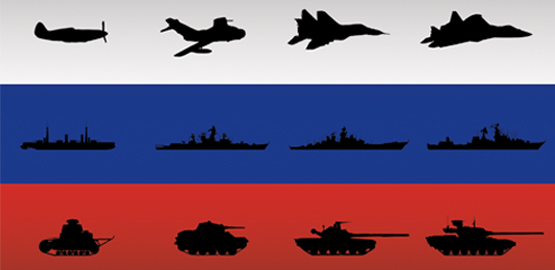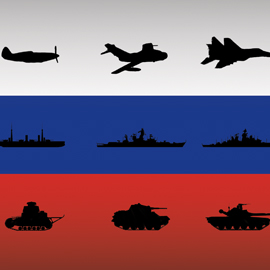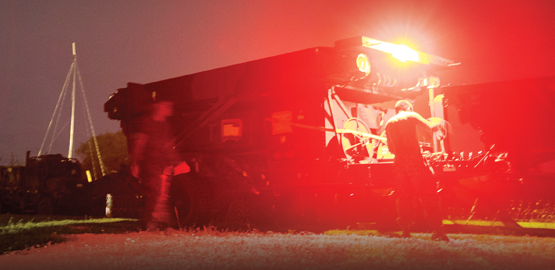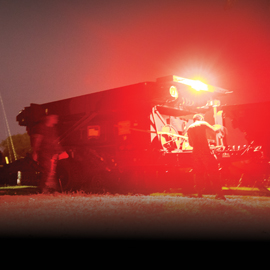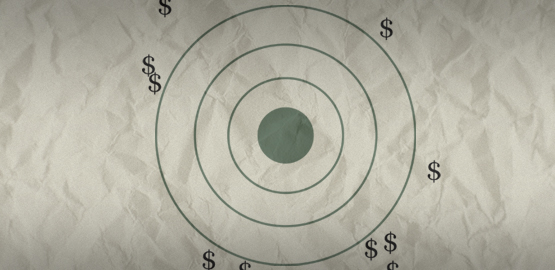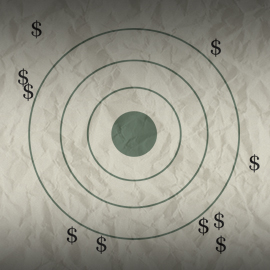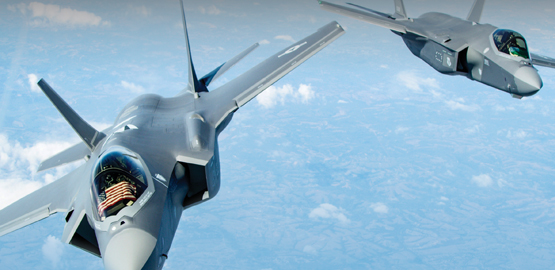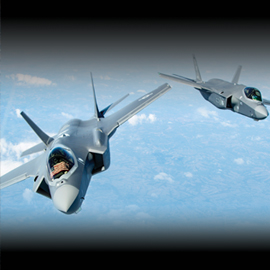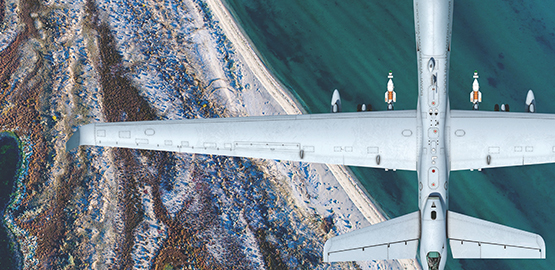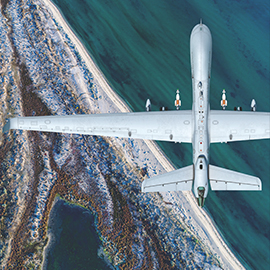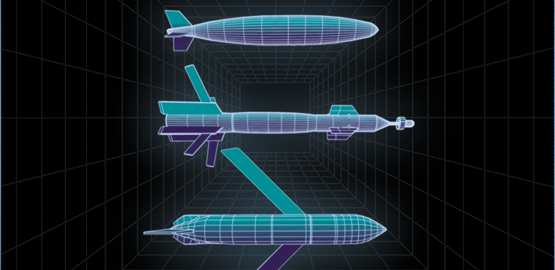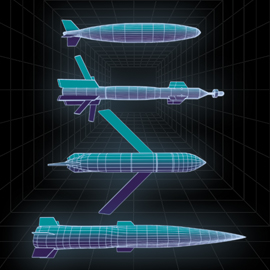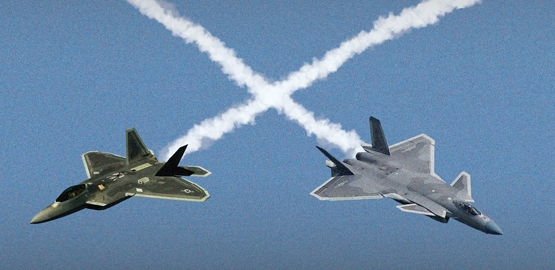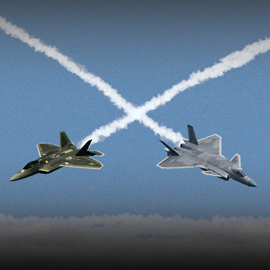Publications
"Nobody does defense policy better than CSBA. Their work on strategic and budgetary topics manages to combine first-rate quality and in-depth research with timeliness and accessibility—which is why so many professionals consider their products indispensable." – Gideon Rose, Editor of Foreign Affairs, 2010-2021
Which Way the Dragon? Sharpening Allied Perceptions of China’s Strategic Trajectory
Given the rapid pace of change throughout Asia in recent decades, assessing China’s longer-term trajectory – and that of the Indo-Pacific region as a whole – represents a huge challenge for defense and security planners. Attempts to predict China’s strategic posture 15 to 30 years from now are hampered by a far more volatile security environment than that which governed the Cold War era.
Uncovering China’s Influence in Europe: How Friendship Groups Coopt European Elites
The Chinese Communist Party (CCP) seeks to shape the external environment to its liking through several means, ranging from coercive uses of military power to economic statecraft to influence operations. Beijing’s global campaign to influence perceptions and policies abroad, in particular, has drawn media attention and, increasingly, government scrutiny. In Europe, the CCP has opened a broad political front that could have implications for the region’s long-term policies toward China and for transatlantic relations. There is thus a growing need for policymakers on both sides of the Atlantic to better understand the goals, strategies, and methods of the actors that promote CCP influence in Europe.
Dragon Against the Sun: Chinese Views of Japanese Seapower
Over the past decade, the Chinese navy overtook Japan’s maritime service in critical measures of power, including fleet size, aggregate tonnage, and firepower. China eclipsing Japan in naval power could introduce unwelcome strategic trends. It may well fuel an even more intense competition between Tokyo and Beijing, two seafaring rivals that already regard each other with deep suspicion. Japan’s displacement at sea could increase the probability of deterrence failure in the next crisis. It threatens to undercut U.S. confidence in Japan’s capacity to fulfill its allied responsibilities, sowing acrimony within the security partnership.
Deterrence by Detection: A Key Role for Unmanned Aircraft Systems in Great Power Competition
In an era of renewed great power competition, one of the most significant challenges the United States and its allies face is the need to deny China or Russia the ability to launch opportunistic acts of aggression against an ally or partner in the Western Pacific or Eastern Europe. There is increasing concern among defense policymakers in the United States and its allies and partners that China and Russia are developing the ability to launch aggression rapidly against states on their periphery under the cover of increasingly capable reconnaissance-strike networks.
COVID-19 Analysis and Policy Implications
The novel Coronavirus-19 is currently impacting all facets of American life. In this report, CSBA Senior Fellow Harrison Schram, Federal Executive Fellow Kevin Chlan, and Research Analyst Peter Kouretsos characterize both the immediate and long-term policy implications of this pandemic, with a focus how it will impact today’s U.S. Department of Defense as well as future American military capabilities.
Forging the Tools of 21st Century Great Power Competition
The U.S. national security community has, in recent years, begun to focus its attention on the need to compete with China and Russia. The move to embrace the reality of great power competition, and with it the prospect of great power war, comes after a three-decade respite from serious thinking about what it means to face an economically powerful and technologically sophisticated adversary in peace and in war. How can our governmental organizations, our defense planning premises and priorities, and the linkages among diverse elements of national power be revamped to focus our collective energies on a more demanding set of security challenges than has been the case since the end of the Cold War?










